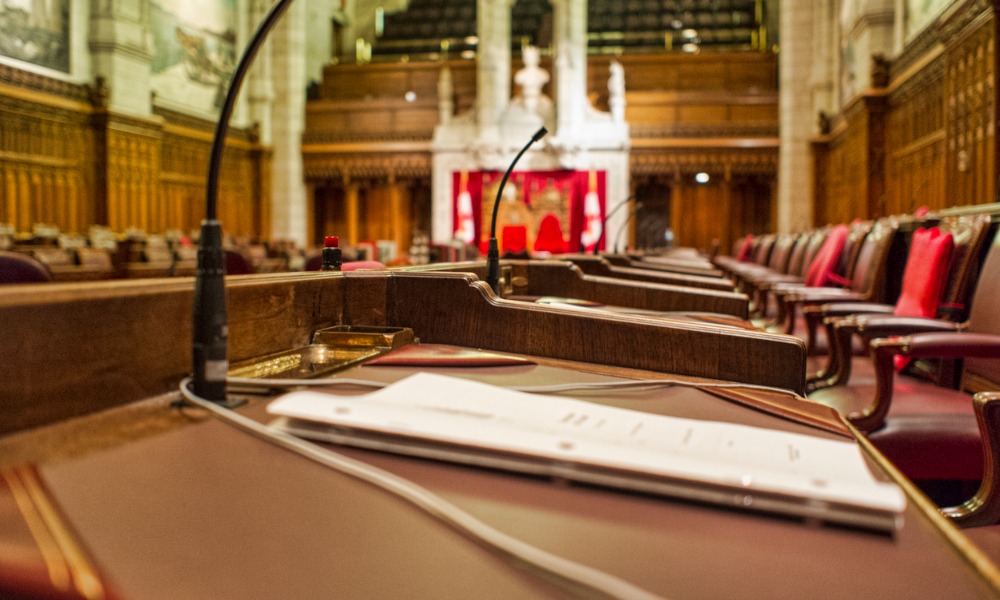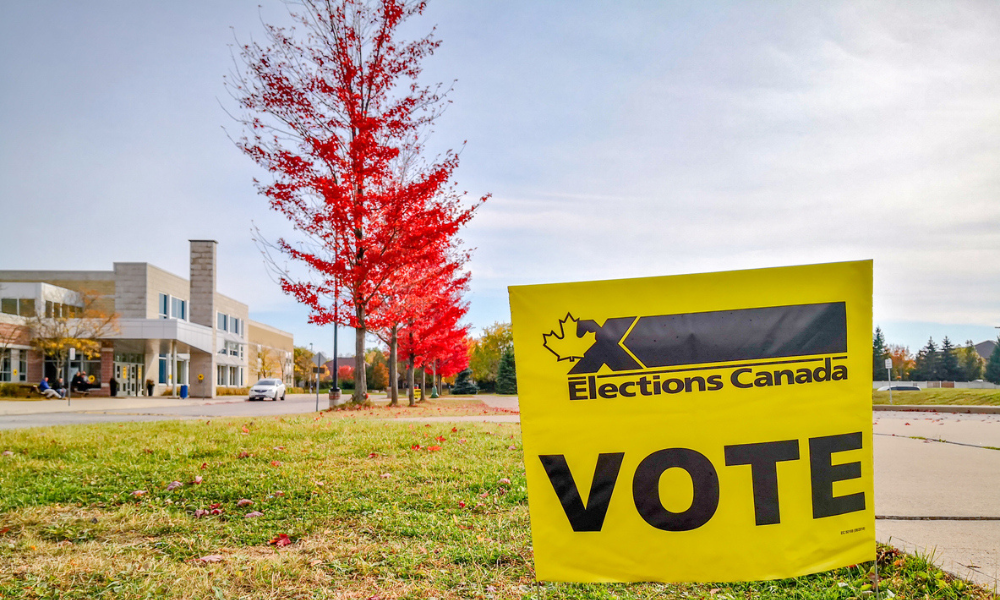A former employee of Ashley Madison, a Toronto-based Internet dating service for people looking for extramarital affairs, is exercising waiver of tort and suing the company for $20 million.
 In March 2011, Doriana Silva, a Canadian immigrant from Brazil, was hired by Ashley Madison to assist with the launch of its new Brazilian web site. Since Silva was fluent in Portuguese, she translated some of the intellectual property for the web site and was eventually asked to create what her lawyer Paul Dollak calls “profiles of women who don’t actually exist in the real world, with descriptions of them, the things they like, the kind of guys they’re looking for, even photos of them.”
In March 2011, Doriana Silva, a Canadian immigrant from Brazil, was hired by Ashley Madison to assist with the launch of its new Brazilian web site. Since Silva was fluent in Portuguese, she translated some of the intellectual property for the web site and was eventually asked to create what her lawyer Paul Dollak calls “profiles of women who don’t actually exist in the real world, with descriptions of them, the things they like, the kind of guys they’re looking for, even photos of them.”
This required “an enormous amount of keyboarding” to be completed in about three weeks, according to Silva’s statement of claim.
Shortly after finishing the profiles, Silva claims she experienced pain in her wrists and after complaining to her supervisors she was told to continue working.
According to her statement of claim, Silva has been unable to work since July 2011 as a result of the injury to her wrists. In addition, she was ineligible for workers’ compensation through Ashley Madison and negotiations with the company failed, says Dollak.
Rather than just suing for damages for the injury she sustained, Dollak says Silva is invoking waiver of tort, which he says is an “ancient remedy that isn’t entirely understood and the jurisprudence is very unsettled about it.”
“What [waiver of tort] essentially involves is measuring the damages payable to a plaintiff not by the injury that they sustained, but rather by the profit made by the tortfeasor, or other breaching party — because it’s not even clear whether there has to be a tort — as a result of the injury,” he tells Legal Feeds.
Translation: “What Doriana is seeking is a share of the money [Ashley Madison] made from the profiles that she created because she was hurt in the process of creating them,” says Dollak. “They’re profiting from her injury basically.”
Dollak says there has been much back and forth in the courts regarding amendments to the statement of claim. On Oct. 24, in Silva v. Avid Dating Life Inc., Ontario Superior Court Justice Edward Morgan dismissed Ashley Madison’s appeal of Master Ronald Dash’s ruling, in which he refused to strike out certain words in the pleading.
In Morgan’s decision, he wrote: “[Silva’s] injuries, of course, occurred not because of what she was typing but because of how much she was typing. One does not suffer a more severe repetitive strain injury by inputting, for example, pleadings while working at a law office than one does by inputting recipes while working at a cook book publisher. All else being equal, the subject matter of the typing is, strictly speaking, irrelevant to the injury.”
Morgan also weighed in on the waiver of tort issue: “Waiver of tort continues to be controversial as a ground for a damages claim. It certainly involves allegations of wrongdoing . . . but the specific contours of the wrongdoing leading to this tort, or to this remedy, are still being worked out by the courts.”
Matt Maurer, counsel for the defendants, told Legal Feeds he was unable to comment on the case.
 In March 2011, Doriana Silva, a Canadian immigrant from Brazil, was hired by Ashley Madison to assist with the launch of its new Brazilian web site. Since Silva was fluent in Portuguese, she translated some of the intellectual property for the web site and was eventually asked to create what her lawyer Paul Dollak calls “profiles of women who don’t actually exist in the real world, with descriptions of them, the things they like, the kind of guys they’re looking for, even photos of them.”
In March 2011, Doriana Silva, a Canadian immigrant from Brazil, was hired by Ashley Madison to assist with the launch of its new Brazilian web site. Since Silva was fluent in Portuguese, she translated some of the intellectual property for the web site and was eventually asked to create what her lawyer Paul Dollak calls “profiles of women who don’t actually exist in the real world, with descriptions of them, the things they like, the kind of guys they’re looking for, even photos of them.”This required “an enormous amount of keyboarding” to be completed in about three weeks, according to Silva’s statement of claim.
Shortly after finishing the profiles, Silva claims she experienced pain in her wrists and after complaining to her supervisors she was told to continue working.
According to her statement of claim, Silva has been unable to work since July 2011 as a result of the injury to her wrists. In addition, she was ineligible for workers’ compensation through Ashley Madison and negotiations with the company failed, says Dollak.
Rather than just suing for damages for the injury she sustained, Dollak says Silva is invoking waiver of tort, which he says is an “ancient remedy that isn’t entirely understood and the jurisprudence is very unsettled about it.”
“What [waiver of tort] essentially involves is measuring the damages payable to a plaintiff not by the injury that they sustained, but rather by the profit made by the tortfeasor, or other breaching party — because it’s not even clear whether there has to be a tort — as a result of the injury,” he tells Legal Feeds.
Translation: “What Doriana is seeking is a share of the money [Ashley Madison] made from the profiles that she created because she was hurt in the process of creating them,” says Dollak. “They’re profiting from her injury basically.”
Dollak says there has been much back and forth in the courts regarding amendments to the statement of claim. On Oct. 24, in Silva v. Avid Dating Life Inc., Ontario Superior Court Justice Edward Morgan dismissed Ashley Madison’s appeal of Master Ronald Dash’s ruling, in which he refused to strike out certain words in the pleading.
In Morgan’s decision, he wrote: “[Silva’s] injuries, of course, occurred not because of what she was typing but because of how much she was typing. One does not suffer a more severe repetitive strain injury by inputting, for example, pleadings while working at a law office than one does by inputting recipes while working at a cook book publisher. All else being equal, the subject matter of the typing is, strictly speaking, irrelevant to the injury.”
Morgan also weighed in on the waiver of tort issue: “Waiver of tort continues to be controversial as a ground for a damages claim. It certainly involves allegations of wrongdoing . . . but the specific contours of the wrongdoing leading to this tort, or to this remedy, are still being worked out by the courts.”
Matt Maurer, counsel for the defendants, told Legal Feeds he was unable to comment on the case.







